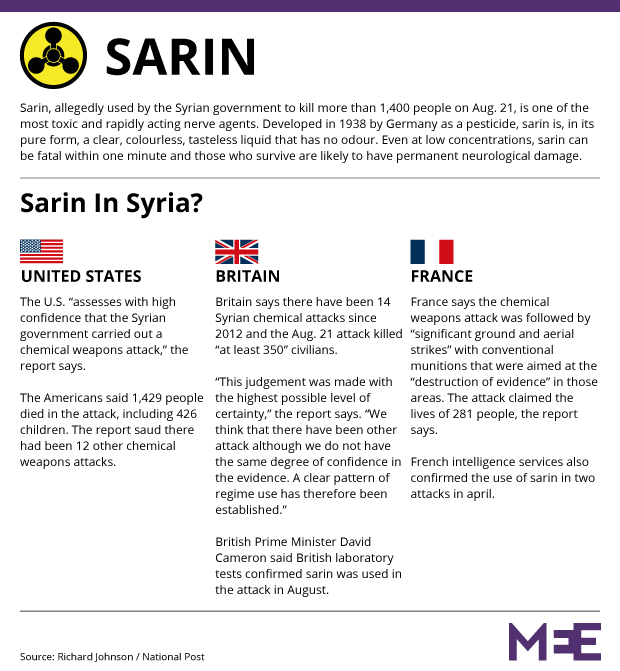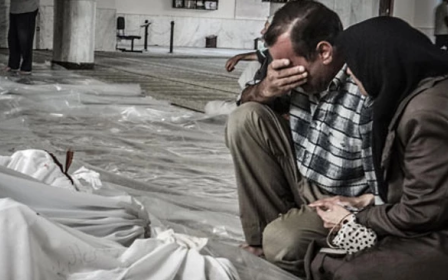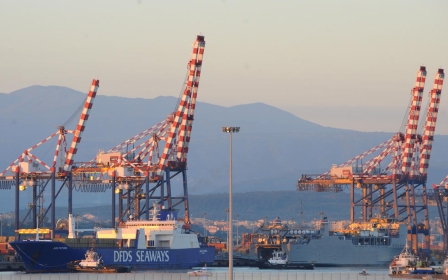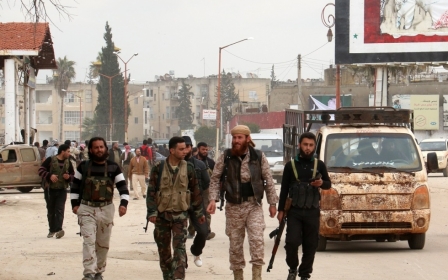UN names Argentine to head Syria chemical weapons probe
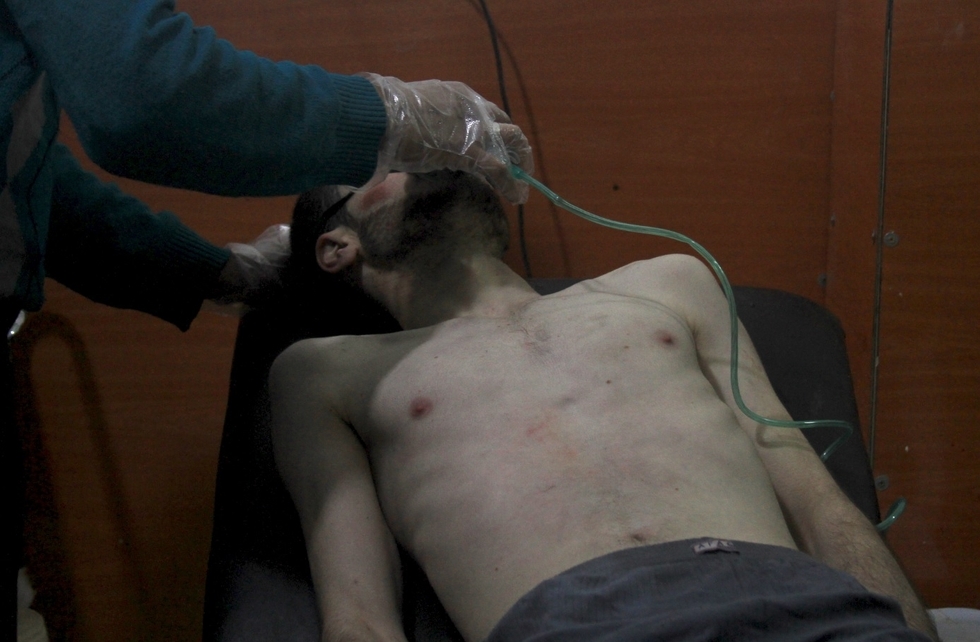
A disarmament expert from Argentina has been appointed to head an independent panel tasked with determining who is behind chemical weapons attacks in Syria, the United Nations said on Tuesday.
Virginia Gamba, who has been the director of the UN disarmament office for the past two years, will work with two deputies during the one-year mission to assign responsibility for the use of the banned deadly agents.
The UN Security Council unanimously adopted a resolution in August setting up the joint investigation in a rare display of unity over how to address the four-year war.
After some delay over Russia's reservations with the panel's mandate, the mission got the final go-ahead from the council last week.
Gamba has been working on disarmament issues for more than 30 years, including with think tanks and assisting two previous missions on chemical weapons in Syria.
The three-person panel will work with The Hague-based Organisation for the Prohibition of Chemical Weapons.
Ban also intends to appoint Adrian Neritani of Albania and Eberhard Schanze of Germany to the panel, UN spokesman Stephane Dujarric said.
The United States pushed for the UN chemical weapons probe after a wave of chlorine gas attacks that the West blames on President Bashar al-Assad's forces.
A key Assad ally, Moscow has maintained that there is no concrete proof that the attacks were carried out by regime forces.
The panel is due to report to the Security Council on its first findings 90 days after it begins work.
Investigators will be charged with determining who is responsible for the attacks, which could lead to sanctions or further action to demand accountability.
But any such sanctions would require a new resolution, which Russia could veto.
New MEE newsletter: Jerusalem Dispatch
Sign up to get the latest insights and analysis on Israel-Palestine, alongside Turkey Unpacked and other MEE newsletters
Middle East Eye delivers independent and unrivalled coverage and analysis of the Middle East, North Africa and beyond. To learn more about republishing this content and the associated fees, please fill out this form. More about MEE can be found here.


